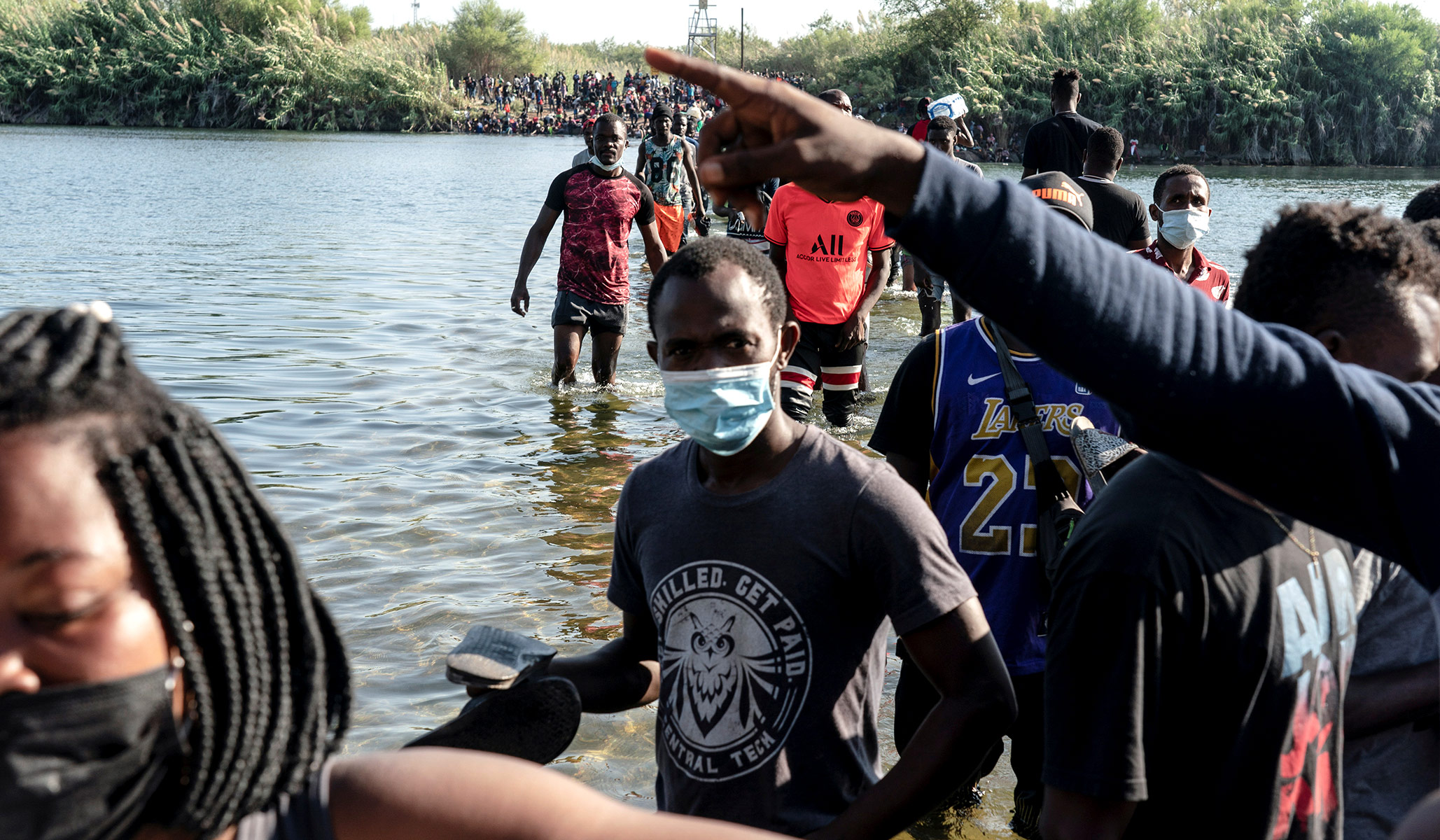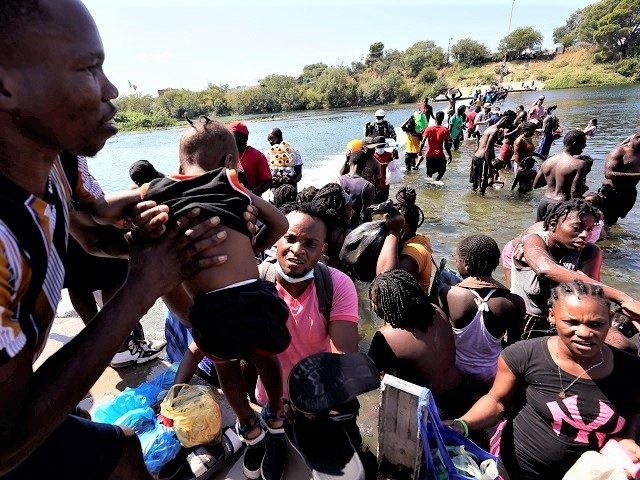Alejandro Mayorkas likes to say that our border isn’t open.
This line rang particularly hollow on Monday when he said it in close proximity to a migrant camp where people were coming and going freely across the Rio Grande and had to take tickets to wait to get formally apprehended by U.S. authorities.
It’s one thing to say the border isn’t open, it’s another to implement the policies and do the work to keep it under control.
The Biden team tells the story that it is constantly undone by circumstances at the border — “seasonality” creating a surge last spring, climate change hurting agriculture in the Northern Triangle, the coup in Haiti — but there’s a reason that scene at the Del Rio bridge happened on Biden’s watch and not his predecessor’s.
The Trump team was aware of the potential of a surge of Haitian migrants running out of control and made it a priority to keep it from happening.
In general, the focus was on “putting out even a small little spark before it became a fire,” explains a former administration official. “And that’s how it happened, that you never saw any one at any time. You never had a single situation in the entire pandemic where a facility was even at capacity, let alone over capacity.”
At the border, we hear a lot about two categories of migrants: Mexicans (who can be returned home relatively easily) and “other than Mexican” (who are much more difficult to return almost entirely because of our senseless rules). But there was another category that administration officials referred to as “extra continental countries,” such as Haiti.
Dealing with these migrants was tricky because they couldn’t be returned to Mexico or a Northern Triangle country. Haitians don’t naturally fit in culturally in these places. Mexico can be convinced to take Guatemalans, and Guatemala can be convinced to take Salvadorans, but Haitians are a different story.
They don’t speak Spanish, rather Haitian Creole or French, and the Spanish-speaking countries worry about assimilating them.
“Mexico doesn’t take Chinese deportees — to choose a very obvious example — but there’s no legal reason why they couldn’t,” says the former administration official. “They just don’t. And so when you’re trying to find solutions for Haitian migrants, the only available option is really to send them back to Haiti.”
Read the rest from Rich Lowry
HERE
If you like what you see, please "Like" us on Facebook either
here or
here. Please follow us on Twitter
here.



No comments:
Post a Comment